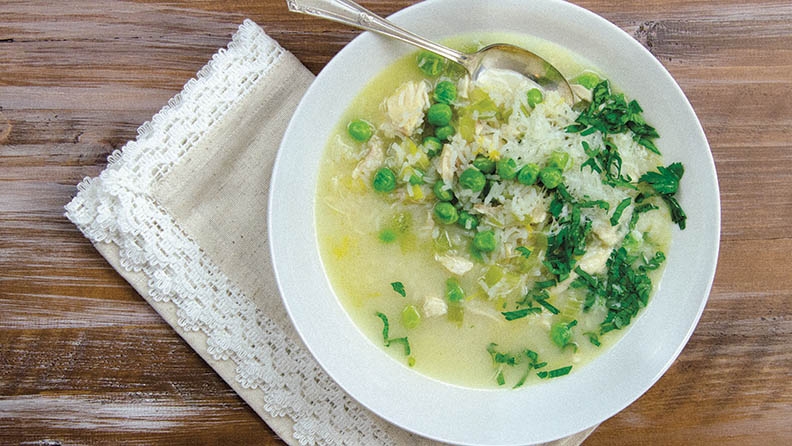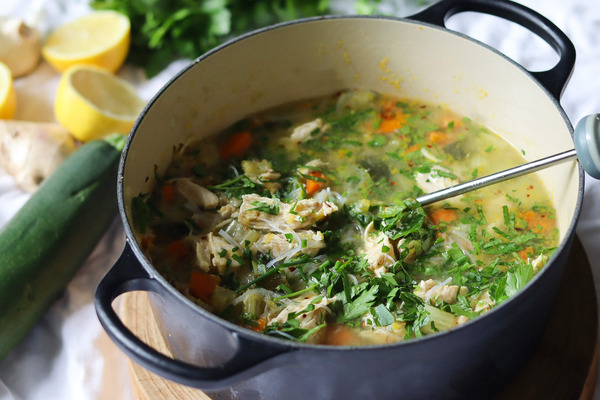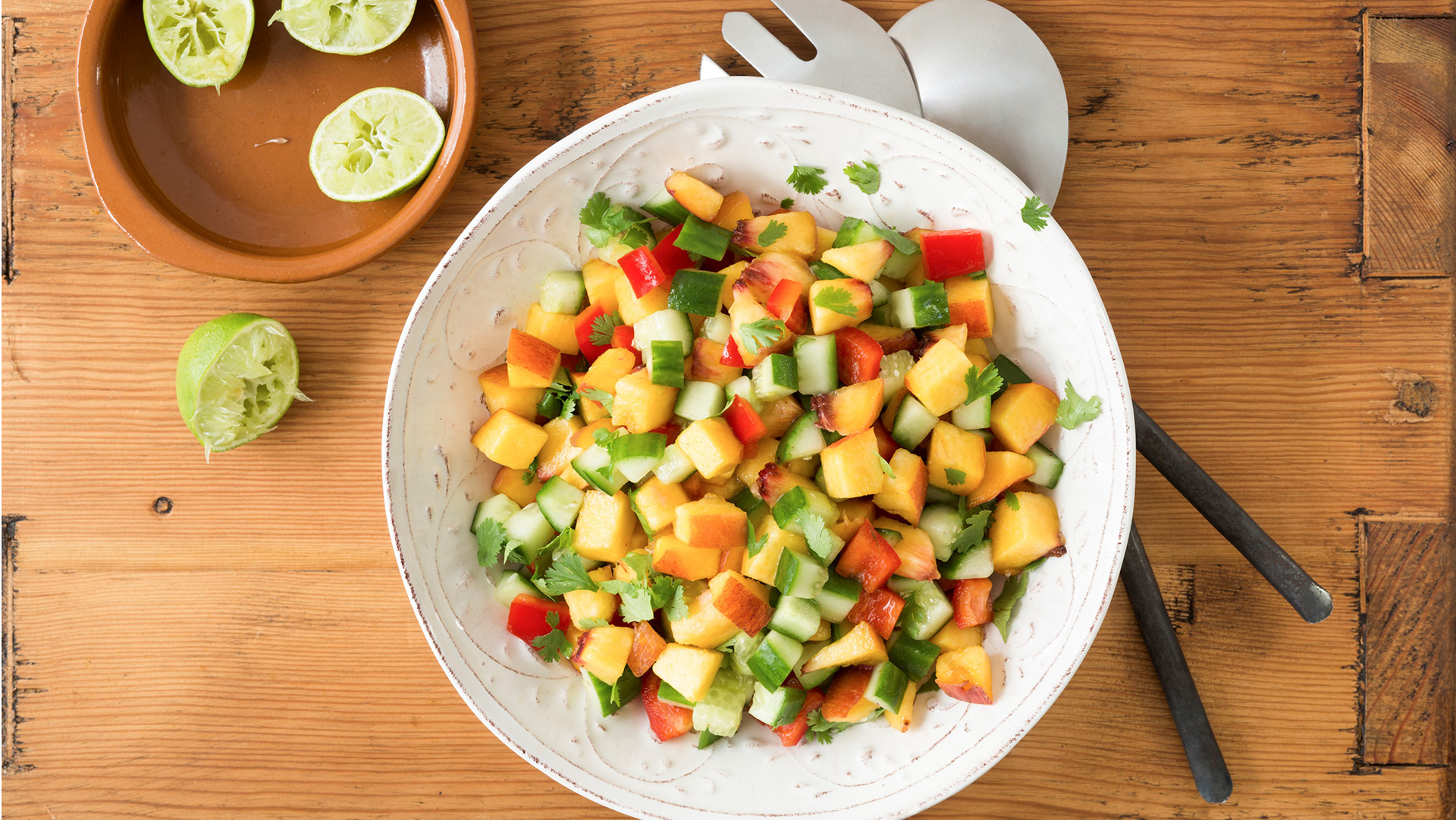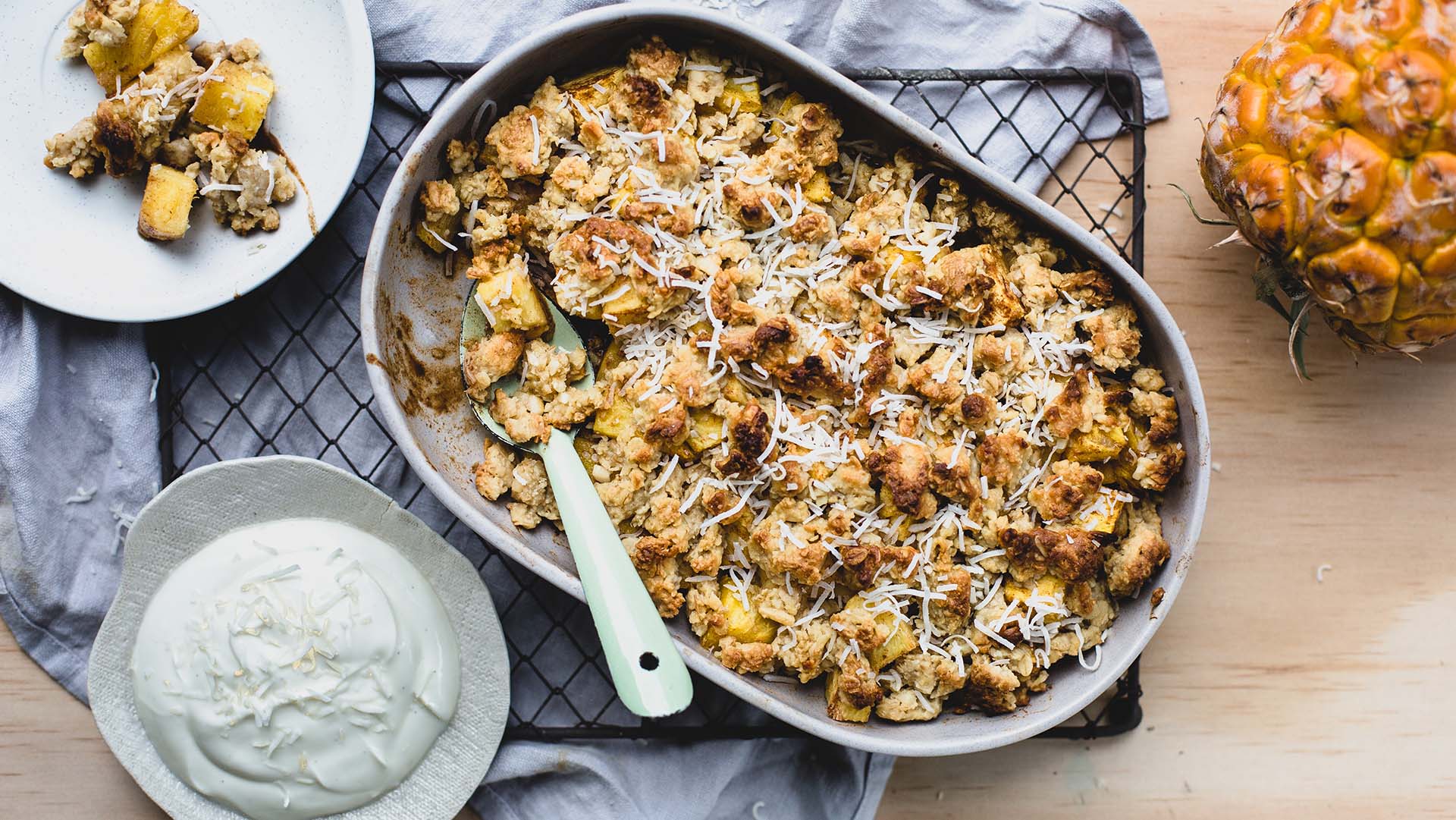-
No doubt you’ve heard the phrase ‘variety is the spice of life.’ It’s more than just a saying – apply this to foods you usually eat, and research shows that those who have the most variety within key food groups have better health and wellbeing, and also live longer.
What is food variety?
Food variety is determined by the number of different healthy foods you eat at least once a week. These foods are found within the Australian Guide to Healthy Eating core food groups and include vegetables, fruit, wholegrains, dairy, lean sources of protein and vegetarian protein alternatives.
More variety within each of these groups also means an overall healthier diet, including higher intakes of fibre, vitamins (B, C, folate), minerals (iron, zinc, calcium) and phytonutrients needed for health and body functions, including metabolism, growth, repair and fighting disease.
The scientific evidence
Scientific studies show that higher food variety scores are associated with a range of health benefits, especially as you age. These include less weight gain and greater success with weight loss, lower risk of developing type 2 diabetes, lower risk of metabolic syndrome, lower risk of heart disease and a longer life expectancy.
Interestingly, the research shows these relationships are often stronger in men. This may be partly due to genetics, and partly because men are more likely to have a poorer diet quality compared to women. This means it’s even more important for men to be aware of healthy food variety and what changes they can make to improve their diet.
"At meals, cover half your plate with vegetables and salad, one-quarter with lean meat or vegetarian protein, and one-quarter wholegrains or starchy vegetables."
How to improve your diet variety
Here are a few simple ideas to try:
• Plan weekly meals and snacks to include different fresh, canned and frozen vegetables, fruit, or legumes.
• Every week, buy one or two fruits or vegetables that you didn't buy the week before.
• Boost protein variety at lunch.
• Cook one meat-free meal each week. Try red lentil spaghetti bolognaise with spiralised zucchini.
• Spend time in the kitchen experimenting with new recipes and ingredients.
• Keep a bowl of fruit and some nuts within sight for quick, healthy snacks.
• At meals, cover half your plate with vegetables and salad, one-quarter with lean meat or vegetarian protein (tofu, legumes such as dried or canned peas, beans or lentils) and one-quarter wholegrains or starchy vegetables (sweet potato, peas, corn).
• Boost dairy variety by trying a range of yoghurts and different types of milk blended with fresh or frozen fruit. Freeze mango flesh and blend with skim milk or try a frozen banana and berries blended with soy milk.
What’s the quality of your diet?
To rate your diet quality and receive feedback on your score, try the free online Healthy Eating Quiz developed by the University of Newcastle. To improve your score, boost the range of vegetables, legumes, nuts, seeds, dried beans, fruit, wholegrains, lean meats, poultry, fish, eggs, tofu, and dairy products you usually have.
You can also visit No Money No Time to check how healthy your diet is and find quick, cheap and easy meal ideas.
For more on healthy eating and increasing your food variety, contact an Accredited Practising Dietitian.
Why variety really is the spice of life
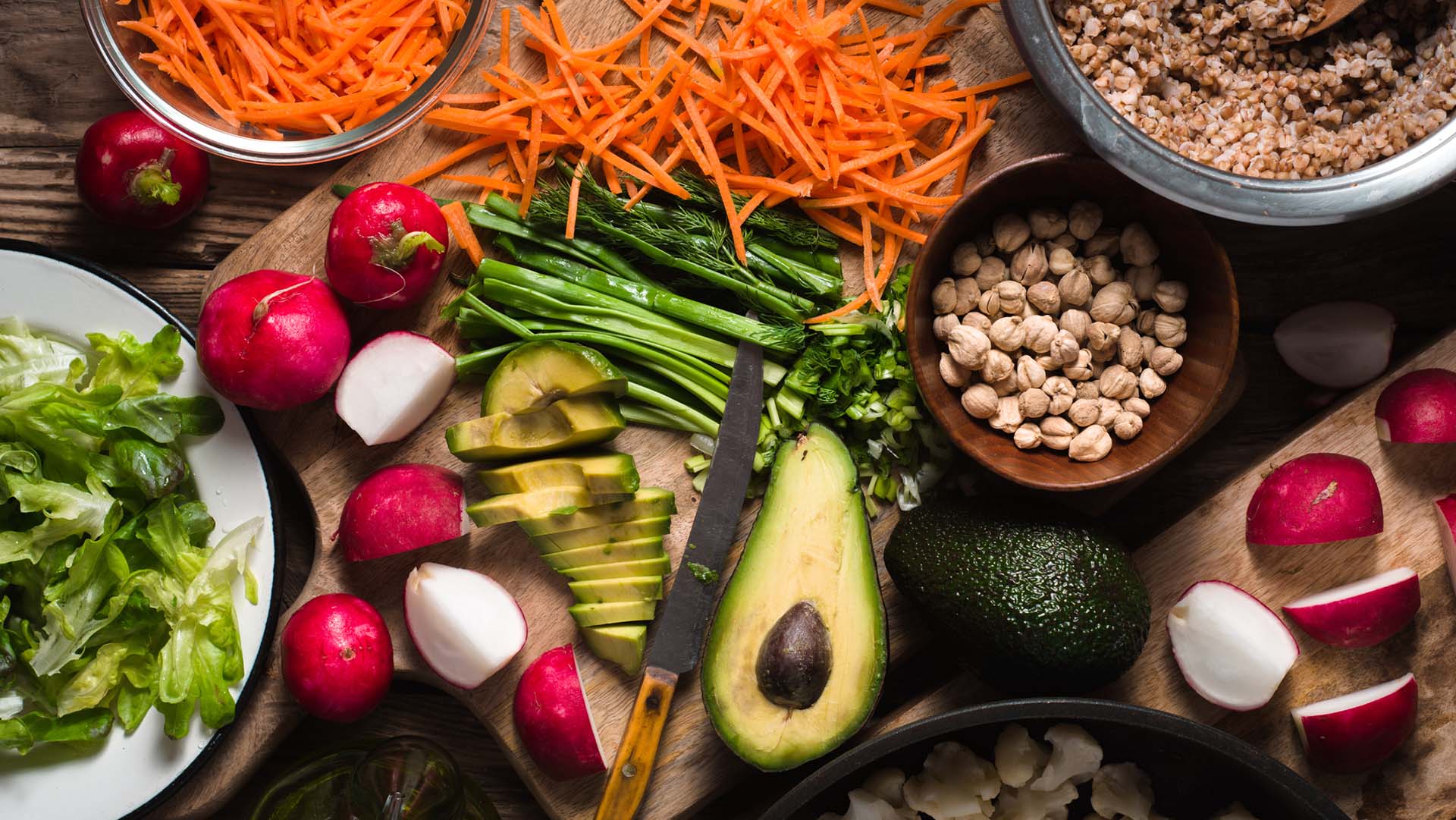
-
Is sharing a meal the secret ingredient to a happier life?
Why social connection may be the most important ingredient on your plate.
-
Chicken soup with parmesan, rice, peas and lemon recipe
Nourishing chicken soup
-
The best immunity-boosting foods
Key nutrients to focus on that could help to boost your immunity, and the how to get them.
-
Comforting chicken noodle soup
Packed with anti-inflammatory ingredients including leek, garlic and ginger, this chicken noodle soup is hearty, full of goodness and great for any night of the week.
-
Peach salsa recipe
Zesty and unusual peach salsa recipe
-
Pineapple gingerbread crumble recipe
A summer riff on a winter classic.
Subscribe to receive the best from Live Better every week. Healthy recipes, exercise tips and activities, offers and promotions – everything to help you eat, move and feel better.
By clicking sign up I understand and agree to Medibank's privacy policy


